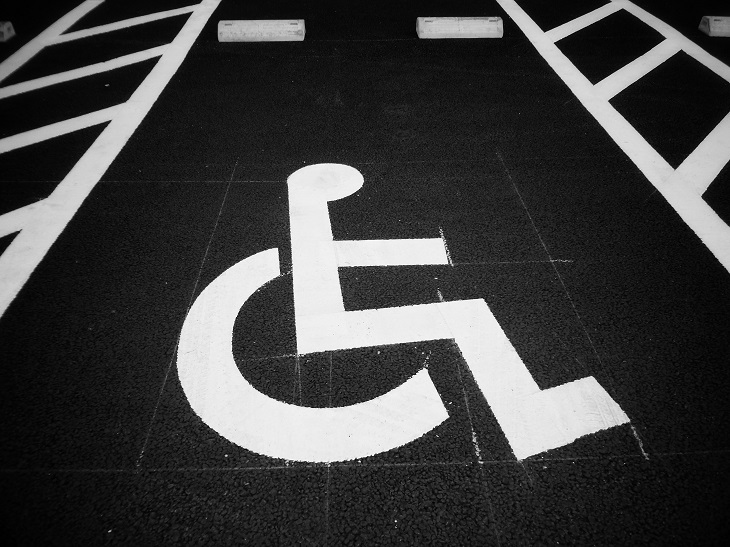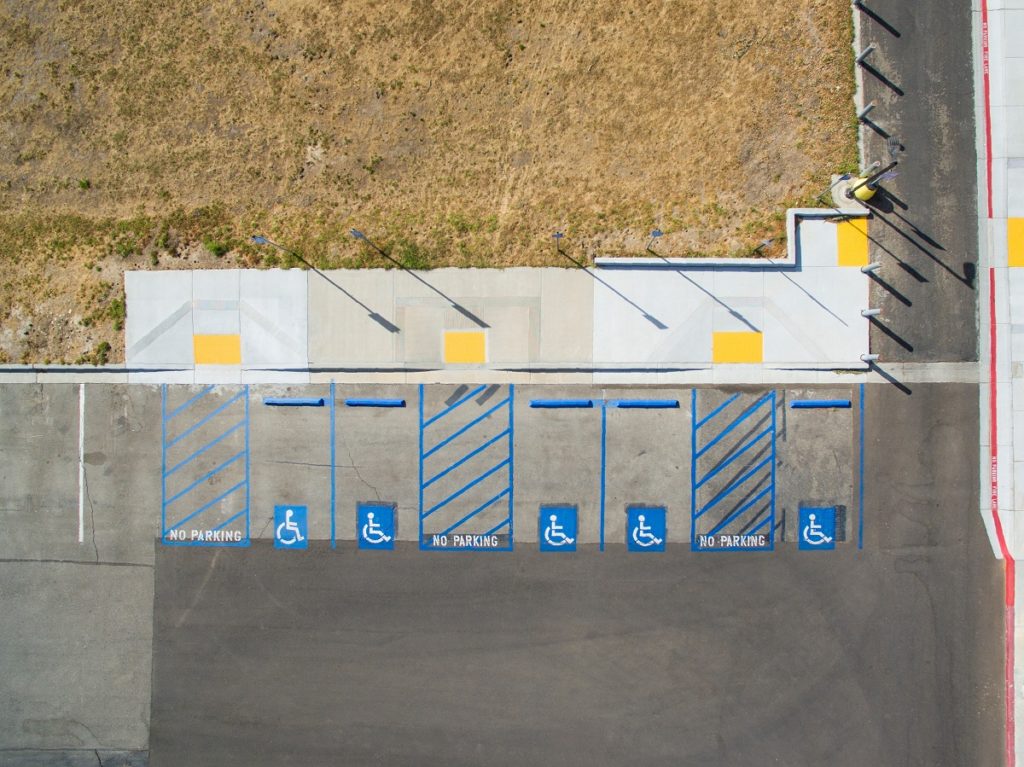Handicap Parking As An Employee: All You Need To Know

Parking is often a perk of employment. In many cases, employees are provided with a place to park while they’re on the job. But what does this mean if you’re disabled?
Handicap parking as an employee is something protected under the Americans with Disabilities Act. Still, many people have questions about how they should be accommodated by their employer and what types of things must be provided.
Here’s what you need to know about employers accommodating people with disabilities as it relates to providing parking for employees while they’re on the job.
Do Employers Have To Provide Parking For Disabled Employees?
Any business with more than 15 employees has to abide by the Americans with Disabilities Act (ADA) when it comes to accommodating disabilities. Under the ADA, there are specific requirements they must follow – including parking. Of course, some factors influence this, such as whether or not the employer is in control of the parking lot and whether or not providing you with parking falls into the category of reasonable accommodation if you have a disability.

If your employer owns and operates the parking lot you park in, and you are disabled, there are certain standards they must operate under to ensure they are in compliance with the ADA. For example, they must have a certain quantity of parking spaces in the lot accessible for employees with disabilities, and must provide accessible parking spaces if it’s a reasonable accommodation for someone with a disability that they employ.
If an employer does not own a parking lot and therefore does not offer parking as a perk to its employees, under the ADA they generally do not have to provide accessible parking to employees with disabilities. Whatever entity does control the parking where employees park is generally responsible for providing accessible parking under the ADA.
What Percentage of Parking Should Be Disabled?
There are standards set forth by the ADA as to how many accessible parking spaces must be in a lot. The number of accessible spaces is determined by the full number of spaces in the parking lot. For example, a parking lot with up to 25 parking spaces must have at least one accessible van space. A lot with between 25 and 50 spaces must have at least one standard accessible space and one accessible space for a van. The number goes all the way up to lots that have 300 total spaces, of which at least seven must be accessible.
In addition to the overall number of spots, these lots must also provide an access aisle to an accessible route – i.e. one that can provide an unobstructed and continuous route to the facility the parking lot serves.
What If There Aren’t Enough Accessible Parking Spaces?
In some circumstances, there may be more employees needing disabled parking than there are designated accessible spots in the lot. When this happens, what do you do?
Employers have to take into consideration what each employee needs to determine if accessible parking is really an accommodation they require. If it places undue hardship on the employer, the ADA does allow them to turn down a request for accommodations.

Ultimately, it’s up to the employer to define what a reasonable accommodation for a disability is when it comes to work. If they do not provide parking, then they may be able to come up with alternatives that provide designated or accessible parking to allow the employee with a disability to continue their employment.
It’s important to also understand that even if you have a disabled parking placard, an employer who does not provide parking as a perk of employment does not have to automatically provide parking for you, unless it can be negotiated as part of what is considered a reasonable accommodation under the ADA.
You have rights as a disabled person to be able to access parking, but the ins and outs of the laws that govern this type of thing can be a bit tricky. Your best bet is to discuss your accommodations with your employer to decide what solution best fits everyone involved.
Featured image by Josh Sorenson on Pexels